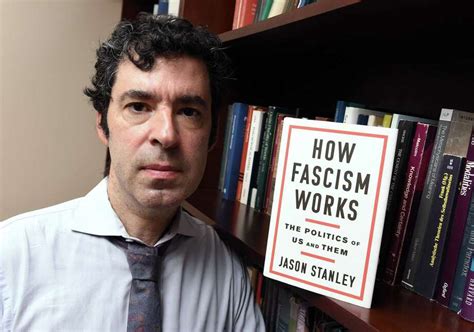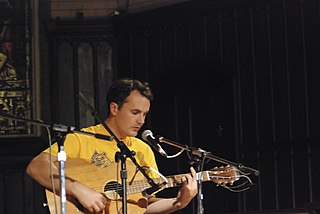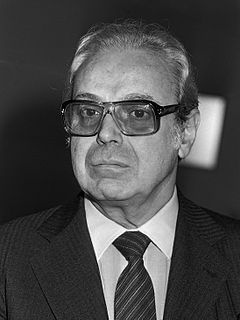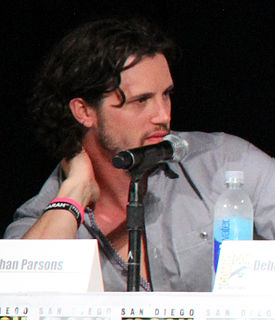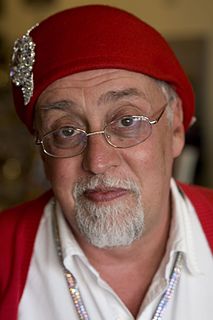A Quote by Anderson Cooper
I am sort of drawn toward places in the world where there is struggle and conflict.
Related Quotes
Some philosophers are drawn to the subject [of philosophy] via their interest in the nature and structure of the world external to us. Others are drawn to it by an interest in the capacities that make humans distinctive in the world. I am a philosopher of the latter sort. My work thus far has been clustered around the nexus of knowledge, communication, and human action.
To a greater or lesser extent there goes on in every person a struggle between two forces: the longing for privacy and the urge to go places: the introversion, interest directed within oneself toward one's own inner life of vigorous thought and fancy; and extroversion, interest directed outward, toward the external world of people and tangible values.
Human nature being what it is, peace must inevitably be a relative condition. The essence of life is struggle and competition, and to that extent perfect peace is an almost meaningless abstraction. Struggle and competition are stimulating, but when they degenerate into conflict it is usually both destructive and disruptive. The aim of political institutions like the United Nations is to draw the line between struggle and conflict and to make it possible for nations to stay on the right side of that line.
Like a researcher in his laboratory, I am the first spectator of the suggestions drawn from the materials. I unleash their expressive possibilities, even if I do not have a very clear idea of what I am going to do. As I go along with my work I formulate my thought, and from this struggle between what I want and the reality of the material - from this tension - is born an equilibrium.
It hardly needs saying that such mutualistic communities will also be plagued by conflict. Conflict is at the very heart of life, resulting not simply from the malevolence of others in the struggle for place or portion, but also from the fact that men of the best will in the world seem to suffer incurably, so far as one can tell, from what William Jame called "a certain blindness" in perceiving the vitalities of others.



